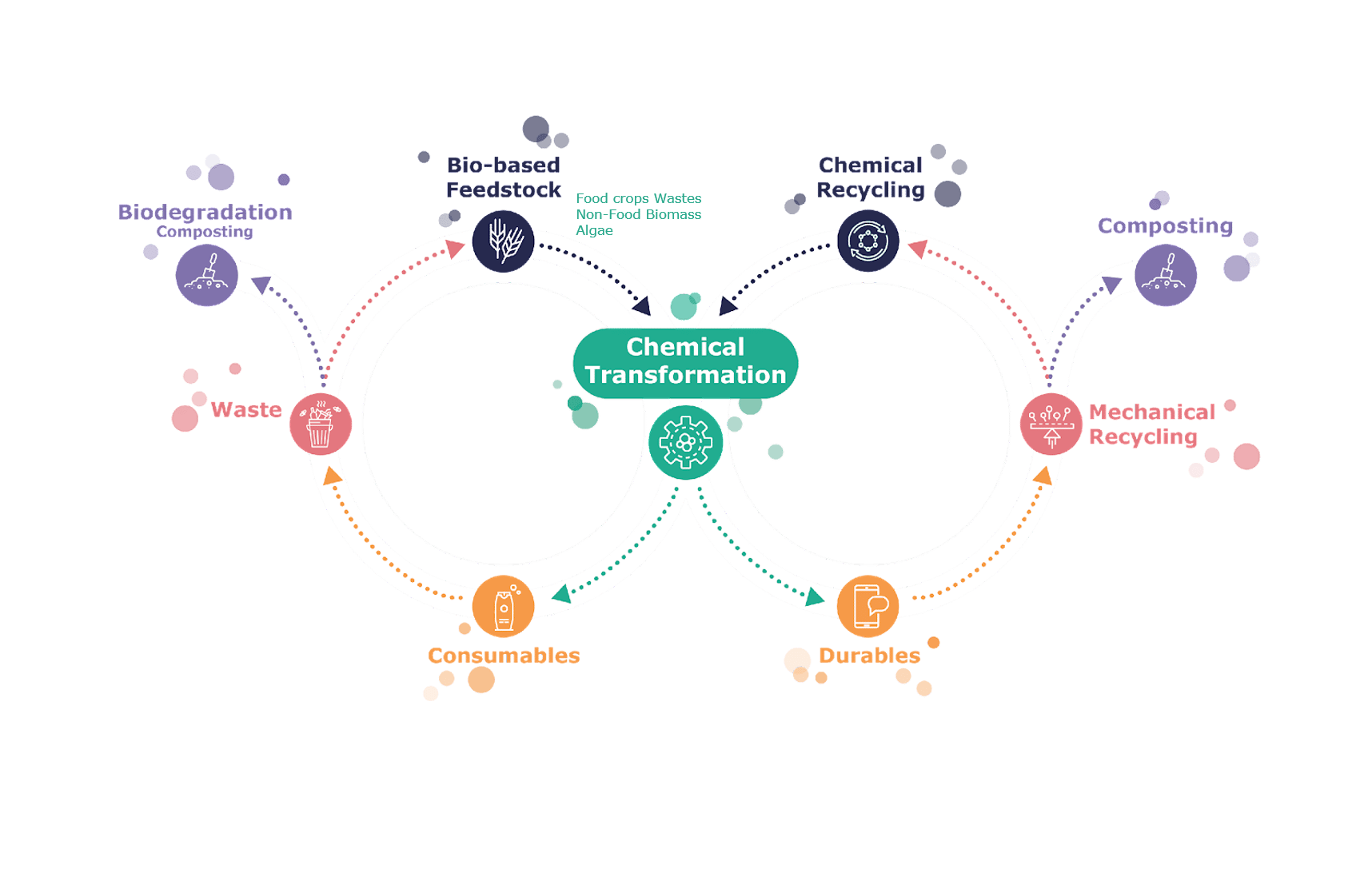Reduce non-recoverable industrial waste by 30% in 2030 (baseline 2018)

Terms of the action or commitment
This action consists of a number of projects for the reuse of waste or recovery in the form of heat.
The target of 30% corresponds to around 30kt of solid waste to be recycled.
The target of 30% corresponds to around 30kt of solid waste to be recycled.
Levers mobilized for circular economy (according to Ademe)
Implementation timeline
Starting year
2018
Ending year
2030
Main actors mobilized
Internal actors
Industrial Fonction
External actors
Revalorisation partners, customers, suppliers
Geographic area
Global
2022 follow-up of the action
Date of follow-up
31/12/2021
Methods of validation of the follow-up
External validation (Deloitte audit for publication of Annual Report)
Status of the action
In progress
Completed
a) Results
Achieved
Partially achieved
Not achieved
Cancelled
Comparison with the projected pace in the last publications
Keeping up with the times
In advance
Delayed
Partial / Final results
The table below shows Solvay’s results on waste production since 2019. However, our commitment on waste is specifically related to non-recoverable waste (“Industrial waste not treated in a sustainable way”). With a baseline in 2018 of 89Kt, total industrial waste not treated in a sustainable manner for the Group decreased by 33 Kt (35%) in 2021 compared to 2018

The evolution of the results compared to 2020 represents a decrease of 11.9 Kt (17%) of which:
- -5.9 Kt due to improved data accuracy
- -0.6 Kt due to scope changes,
- -3.0 Kt due to valorization of the dry matter content of the wastewater sludge in Zhanjiagang (China),
- -0.73 Kt due to process improvements in Salindres (France),
- -0.46 kt due to coal usage reduction in Tavaux (France), -0.43 Kt due to material recovery in various industrial applications in Massa (Italy).
Company's comments
The 30% reduction target has been achieved in 2021. However, the “waste” indicator may be affected by downgrading of products or raw materials, or maintenance operations, in addition to normal production: we are expecting to see the evolution in 2022 before formally concluding that the objective has been achieved.
Company's others commitments :


